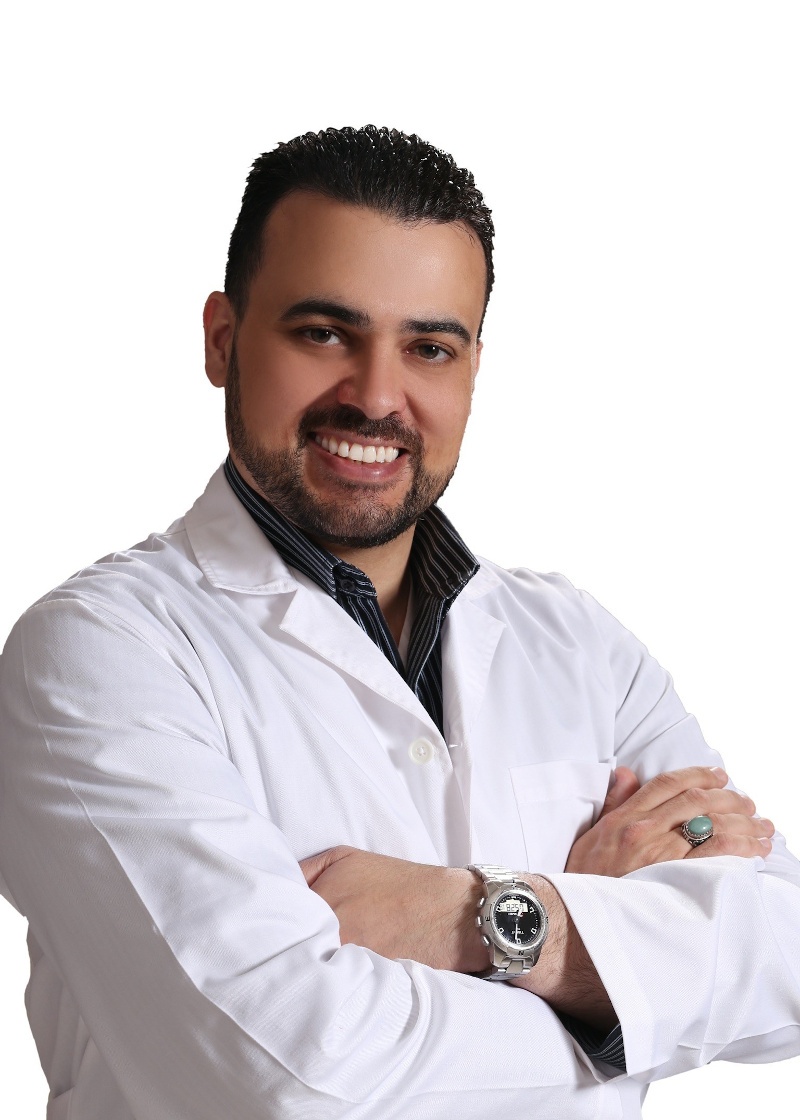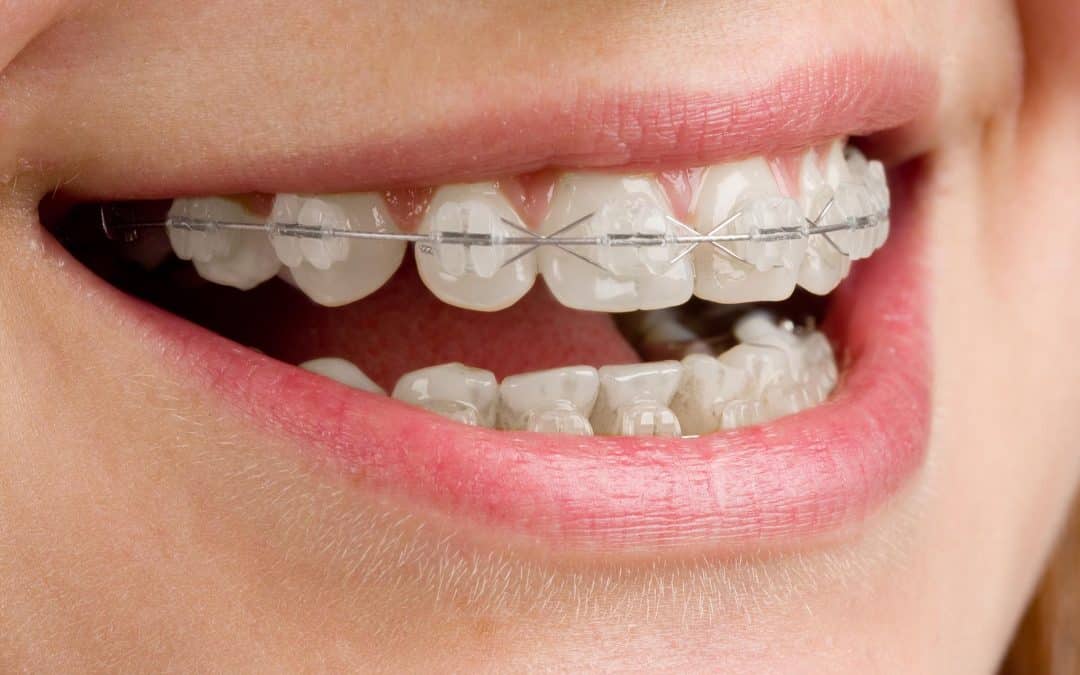Why do some people have naturally straight teeth or beautiful smiles and others do not? Why do some teeth develop crookedly, take on a pronounced tilt, or end up out of place? Read on for some of the most common causes of crooked teeth and how you can straighten your smile.
Common Causes of Crooked Teeth
Crooked teeth can be caused by one or more of the following:
- Genetics: Crooked teeth are often hereditary, so if crooked teeth problems run in your family, you may also have crooked teeth despite following good oral care habits.
- Poor oral hygiene: If you don’t care for your teeth, you risk developing gingivitis (gum disease). Left untreated, gingivitis will progress into periodontitis which causes your teeth to become loose and shift.
- Early baby tooth loss: When baby teeth go missing too early, it can allow the other teeth around them to shift out of position. And because the permanent teeth are guided into their proper positions by the baby teeth as they erupt, misaligned baby teeth often lead to misaligned adult teeth.
- Childhood habits: Thumb-sucking, prolonged bottle feeding, and tongue thrusting beyond the age of three can cause your teeth to become crooked.
- Malnutrition: In infants, teeth can become crooked if the body doesn’t have enough nutrients for proper bone and teeth formation.
- Malocclusion: This is where the teeth of the upper jaw don’t properly meet with the teeth of the lower jaw when the jaw is closed. It can be caused by a difference between the size of the upper and lower jaws or between the jaw and tooth size leading to overcrowding or abnormal bite patterns.
- Mouth breathing: Habitually breathing through your mouth can lead to tongue thrusting, causing your teeth to become crooked.
- Trauma/injury: Trauma to the jaw or mouth can move teeth out of place. Changes in your jaw or lost teeth due to illness or injury can also make teeth shift out of place.
Common Problems from Crooked Teeth
- Gum Disease: Taking proper care of crowded or crooked teeth is harder than caring for straight teeth. Poor dental health can ultimately result in bad breath, plaque, tooth decay, and eventually, gum disease.
- Additional Wear and Tear: The position of your teeth has a direct impact on how they hold up during your life. Misaligned teeth can result in additional damage to a tooth’s enamel, even leading to TMJ disorder or Temporomandibular Jaw disorder, in which the patients experience extreme pain or even locking of the jaw bone on movement.
- Chewing Difficulty: In many situations, crooked or crowded teeth make chewing more difficult.
- Difficulty Talking: In some situations, people with misaligned teeth can find that they have problems pronouncing a few specific words.
- Low Self-Esteem: People with misaligned teeth often suffer from low self-esteem and are embarrassed by simply smiling or laughing.
Orthodontic Treatment Options for Fixing Misaligned Teeth
There are three main types of orthodontic treatment to fix misaligned teeth:
- Braces: This is the most common orthodontic treatment for fixing misaligned teeth. Traditional braces use metal brackets and archwires to exert constant pressure on your teeth and jaws to change their position. The brackets glued to teeth hold the archwire in place, which places pressure on teeth, and over time, your teeth will move into the desired position giving you a straight smile.
- Clear Aligners: Clear aligners are a less noticeable alternative to traditional metal braces and provide an equally effective treatment for teeth. This orthodontic treatment uses custom-made, clear aligners to move crooked teeth into their proper position gently.
- Surgical Orthodontics: For some adults, orthodontic treatment alone cannot fully correct their orthodontic problem. They may also need surgery in combination with orthodontic treatment to achieve a functional, healthy bite. Surgical orthodontics, or orthognathic surgery, is a corrective procedure that involves straightening and repositioning the jaw and teeth to correct skeletal problems that affect the ability to bite, chew and speak, like jaw bone abnormalities and severe malocclusion. This surgery is often used with orthodontic treatment to shift the teeth into their proper positions.
What Are the Oral Health Benefits of Straight Teeth?
While having straight teeth contributes to a beautiful smile, it also has significant dental health benefits, including:
- Prevent tooth decay and gum disease: Crooked or misaligned teeth tend to accumulate a lot of bacteria because they are more difficult to clean. When your teeth are properly aligned, brushing and flossing become much more comfortable and effective, preventing tooth decay and periodontal disease. Healthy permanent teeth are crucial for maintaining optimal oral health.
- Less wear and tear: When your bite isn’t properly aligned, the teeth may wear against each other unevenly, leading to eroded tooth enamel and deep pits in teeth surfaces. Orthodontics can help prevent continued dental wear.
- Prevent jaw joint dysfunction: Having an improper bite can put stress on your temporomandibular joints and surrounding muscles, resulting in an aching jaw, headaches, and popping or clicking noises when using your jaw. Straight teeth help to evenly distribute bite forces and reduce stress on the temporomandibular joint.
Orthodontics in McAllen, TX
Several factors can cause crooked teeth, but with the help of orthodontic treatment, you can straighten your smile, improve your self-confidence and enjoy improved oral health. At Senan Orthodontic Studios, we provide quality orthodontic services in McAllen, TX, to correct crooked teeth. Dr. Ziadeh will examine you to determine which type of orthodontic treatment option will work for you and develop a custom treatment plan to get you the straight smile you’ve always wanted. Contact us today to schedule an appointment!
Dr. Senan K. Ziadeh
BDS DDS MScD DScD CAGS Ortho
ABO Diplomate
Dr. Senan Ziadeh, a board-certified orthodontist, brings over two decades of experience to his practice, Senan Orthodontic Studios, in McAllen, Texas. His illustrious career spans three continents, where he acquired a vast array of post-doctoral degrees, including a Doctorate of Science in Dentistry (DScD) and a Certificate of Advanced Graduate Studies in Orthodontics (CAGS), culminating in his recognition as a Diplomate by the American Board of Orthodontics (ABO). Alongside his professional accomplishments, Dr. Ziadeh is a dedicated family man, enjoying diverse activities from traveling to music.


